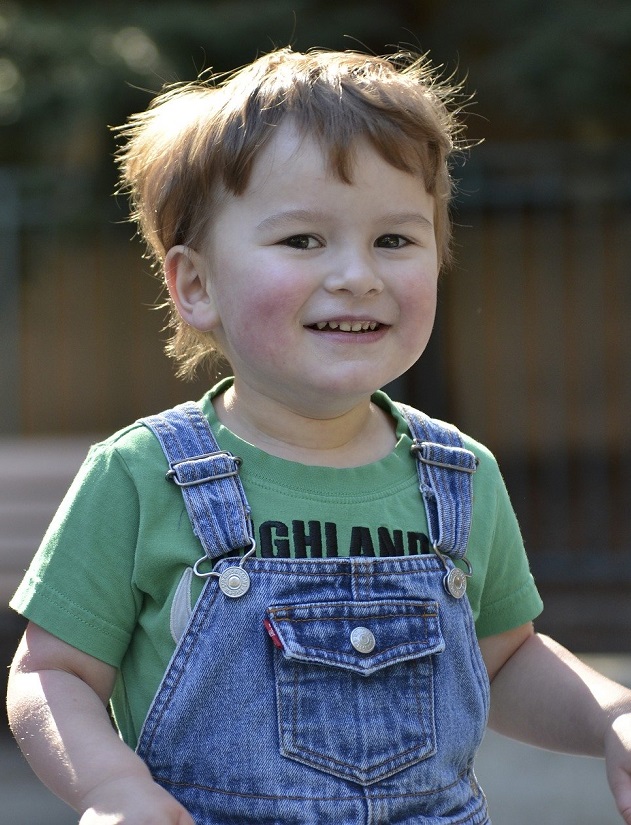Understanding the Roots of Autism
Highlights

New preliminary research by PHI's Child Health and Development Studies and colleagues finds that grandfathers' smoking and alcohol intake could be linked to an increased risk of autism in their grandchildren.
3 generations of families included in CHDS research
-
Focus Areas
Environmental Health -
Expertise
Research – Quantitative
PHI’s Child Health and Development Studies (CHDS), in collaboration with the California Department of Public Health Environmental Health Investigations Branch and the Department of Developmental Services, examined the role that grandparents’ smoking or alcohol consumption might have on their grandchildren’s risk of autism. A previous study found that the maternal grandmothers’ smoking during pregnancy was correlated with an increased risk of autism, but no prior studies have reviewed connections between grandpaternal smoking or alcohol intake and autism.
The study’s preliminary findings suggest a role of perinatal grandparental smoking and drinking in the risk of autism in grandchildren.
Results were presented in an abstract at the International Society for Autism Research Conference in 2020. The CHDS researchers noted that larger epidemiologic studies with information on the grandparent and parent generations and animal studies are needed to confirm these findings and investigate biological mechanisms, including possible epigenetic alterations to the germ line.
Work With Us
You change the world. We do the rest. Explore fiscal sponsorship at PHI.
Support Us
Together, we can accelerate our response to public health’s most critical issues.
Find Employment
Begin your career at the Public Health Institute.
